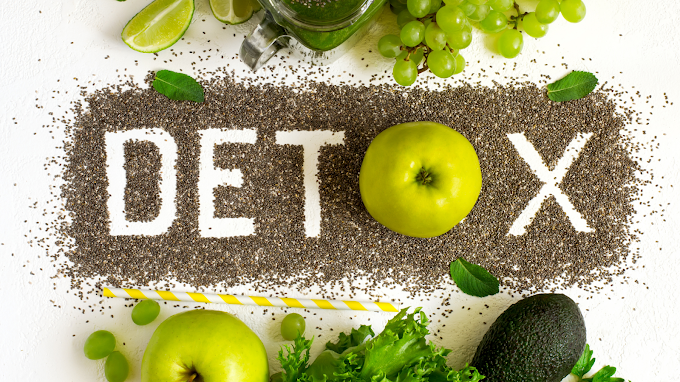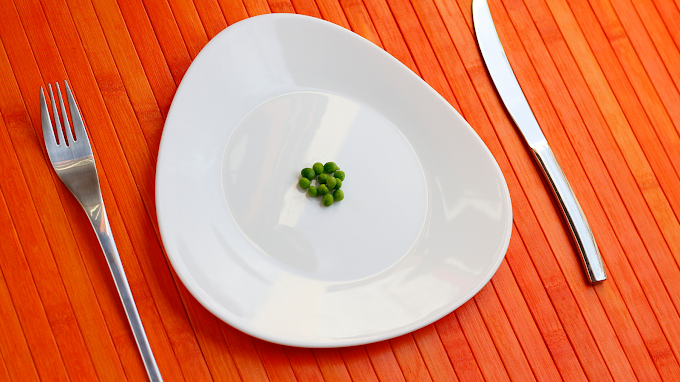(Para leer en Español haz clic aquí)
In a previous article I mentioned that even though we live in the 21st century, the habit of passing judgment on food has become a prevailing trend. This not only needs to stop because it does more harm than good, but also there can actually be a gray area. Such is the example of sugar. Today, I'm here as your personal trainer and a fitness nutrition specialist to debunk the weird demonization of such food components.
We often hear people saying, "You shouldn't eat that much sugar (fruits/cakes/ and whatnot)! You'll become diabetic/obese/hypertensive, etc." But is there any reality in getting prone to these diseases merely by eating sugar? To some extent, yes, but remember... Sugars by themselves are not necessarily bad for you. In this article, you will be able to draw the line for when you're having a healthy amount of sugar or exceeding yourself.
A Guide To Understanding Sugars
Carbohydrates are a macronutrient (meaning one of the building blocks of nutrition). They are quite abundant and comprise three different nutritional components – starches, dietary fiber, and sugars. All three are used by the body to produce energy and maintain thousands of bodily functions. The problem with sugars starts with the fact that food manufacturers are bursting with products containing sugars. So what are we supposed to do? Stop eating? Definitely not!
Sugar can be present in a myriad amount of things, including nutrient-rich fruits and grains. Yes, even grains… So why is sugar constantly demonized if it is present in healthy foods?!
The biggest problem is that the mere word SUGAR has been made a villain in the eyes of the general public. The so-called health gurus target sugars as a whole instead of distinguishing between foods that are not optimal for our health and the nutrient dense ones that also contain sugars.
Now the question arises, if we want to decrease our sugar intake should we eliminate healthful foods because of their innate content of sugar??
What is Fruit Sugar?
As the name suggests, the sugar naturally contained in the fruit is called fruit sugar. Another title for this sugar is "Fructose." Studies show that high amounts of fructose negatively affect our health, and that's why this specific word is demonized so much.
High fructose content is directly associated with high levels of uric acid, which causes blood pressure, fat around the waist, type 2 diabetes, gout, and cardiovascular disease.
However, the amount of fructose in fruit is relatively low, and this fructose is all-natural fructose instead of artificially synthesized fructose. In other words, fruits are not on the same scale as products such as purely artificial fructose syrup with added sugar content!
Is Natural Sugar Harmful to Our Health?
Although World Health Organization's current guidelines suggest that the calories provided by added sugar should not exceed 5% of the total calories in a single day, nutritionists point out that a truly healthy and balanced diet is different for everyone. Now… I'm not saying that from now on, you should exceed yourself and drink all the fruit juice you want and eat all the sugary stuff.
The USDA Dietary Guidelines recommend that adults get no more than 10 teaspoons of sugar a day - a third of the current average. Remember that this is the added sugars that we are talking about, which mainly comes from junk food, baked pastries, sugary drinks, and candies.
If measured properly, sugars can still be part of a healthy diet since food items like fruit, honey, or maple syrup are packed with micronutrients and sugars like fructose and sucrose. These 'sugary' options are highly recommended because they are packed with antioxidants preventing many chronic illnesses. Fruits, especially, also contain numerous vitamins, minerals, and dietary fibers that are essential for maintaining well-being. Similar goes for honey that is considered as a pure and healthy form of sugar that can be consumed around 2-3 tablespoons every day. In other words, fruit sugar is not detrimental to us if consumed in ideal portions of 1 ½ to 2 cups each day.
"Demonizing" Sugar Is Not Advisable!
We need to stop polarizing food. Nutrition is more than that, and food items such as sugar can be in a gray area depending on your goals and physical needs. For example, although research made by Harvard Health Publishing states that added sugar may lead to heart problems and even diabetes, athletes need to consume more sugar during high-intensity training. This is because sugar is easily digested at this time and helps to prevent muscle loss, but they also worry that their sugar intake exceeds the guideline.
For ordinary people like us, added sugar is not an essential ingredient of a healthy diet. But some experts say that we should not treat them as poisons and avoid them entirely. This practice is not healthy. Turning sugar into a taboo will only increase its allure. Once you warn yourself that you can't eat something, you will want to eat it no matter what the consequences are. So it is totally not recommended to say that a certain food is dangerous.
The Final Takeaway!
If you look closely at the chemical composition of foods that you consume, you will be surprised to know that almost everything contains sugar, one way or the other. So calling it a demon and boycotting all ‘sugary’ foods is nearly impossible.
All in all, not all sugar is to be avoided. Sugar in its simple and natural form is digested and processed very quickly by the body, in return providing you with loads of energy. This makes it perfect for a grab and go food during marathons or extensive training where the only thing that you need is energy. In fact, when talking about the positive aspects of sugar, you will find that it is optimal for your brain health, immune system, muscles, gut health, and even your heart.
All of this can happen if you eat natural sugars and eat in moderation!












0 Comments